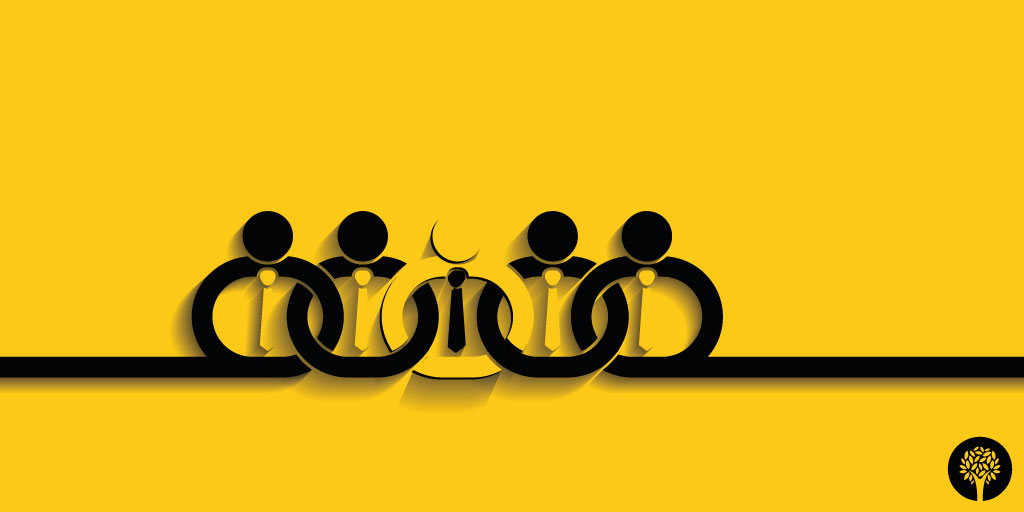When I was growing up one of the people the whole nation looked up to was David Beckham. He was England captain and an all-round handsome bloke. Let’s face it, the man could do no wrong, well except for a little blip with a red card.
Yet despite being the talisman for a nation, David had one publicly accepted draw back, he wasn’t that bright; but I’d like to disagree with that notion and endeavour to tell you why.
Putting aside his immense success over recent years at transferring from footballer to international brand, David was the victim of a common misconception that book smart equals intelligence.
You see while our entire lives are set up to make us believe that intelligence can only be ranked by pieces of paper (we do after all take exams from the age of 5) the notion that intelligence is limited to counting numbers is deeply flawed.
As human beings there’s more to us than just counting numbers or reciting facts, but because our schools are set up to identify, hone and reward these it’s just something we’ve accepted as the norm.
The truth is we all have talents that form different types of intelligence because our brains and our limbs are set up to work in so many different ways. Whether it be a footballer with the ability to kick a ball like no other, or a builder who can put a house up overnight, the painter that can replicate an amazing scene or the actor that can fool us into thinking their crazy all the time, intelligence rears its head in many forms, all of which should be celebrated.
In fact number counting or fact hoarding in isolation is a pretty poor indicator of someone’s ability to succeed in life. The likes of Alan Sugar and Richard Branson certainly wouldn’t have classed themselves in the book smart bracket, yet they were wildly successful because their intelligence lies in other art forms, be it the gift of foresight, gab or otherwise.
You might be sat reading this thinking that you’re not special, but the important thing to remember is that being a genius means nothing if you cannot apply that skill to something worthwhile. Ok, having a base foundation of intelligence in most areas is very useful (for example being able to work out what you need to do to make a profit), but a base is all you need. The rest of your success can be made up of a whole host of skill sets that the TV and your friends think are useful.
Take me for example, I am not the smartest apple in the tree but I would consider myself to be slightly above average, but if you were to ask me how intelligent I am then my answer would be that I am not great with numbers but I am good with words.
In fact my one discernible skill is an ability to write like a trooper. Unfortunately writing doesn’t really bring in a living for most people, so I had to learn to adapt by learning lead generation and sales skills. My creativity with words has helped immensely with keyword research online, and in turn converting leads into sales through the understanding of how to pitch something right.
Yet I have no qualifications in these areas. In fact my highest qualification is in the science of economics, which I can assure you has done little to improve on my daily performance.
Whatever you do today, don’t sit there and think that you are not clever enough to be successful. Clever is just an interpretation of intelligence and everyone has their own lens to interpret it through. Provided you have a great idea, the rest will fall into line no matter how “clever” the world perceives you to be. The hardest part is finding that idea.
Chapter Summary:
• Being smart doesn’t mean you have to be good with tests
• Value people for their own skill sets
• Intelligence is just a point of view
Read our next blog post “Sometimes you have to spoon feed”.






